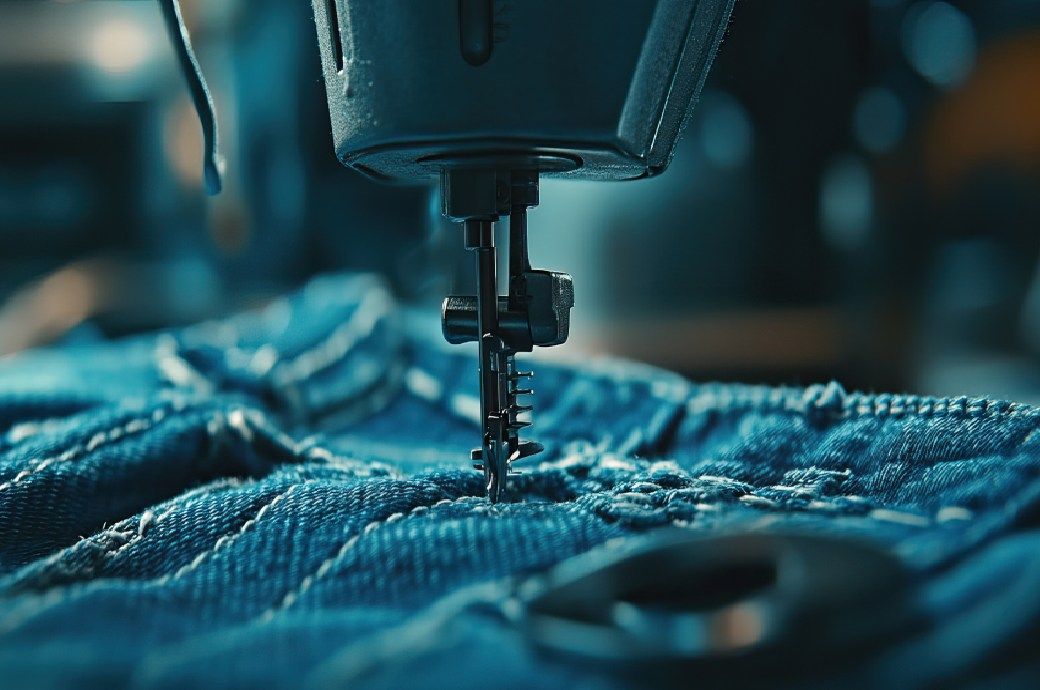

Both output and new orders moderated to lesser extents, while employment returned to growth.
Firms were helped by a further easing of inflationary pressures, with output prices increasing at the softest pace since December 2019.
At 48.3, the headline Istanbul Chamber of Industry Turkiye manufacturing purchasing managers’ index (PMI) posted below the 50 mark for the eighth month in a row in November.
The reading was up from October’s 45.8 and pointed to the least marked moderation of business conditions since May. This rise reflected tentative signs of demand improvement midway through the final quarter of the year.
Although firms continued to face challenges securing new business, rates of moderation in both total new orders and new export business eased from October, the rating agency said in a release.
Similarly, production was scaled back to a much lesser extent in November, with the latest easing of output the least marked since April.
The PMI survey noted a renewed increase in employment, ending a nine-month period of moderation. Although slight, the pace of job creation was the sharpest since July 2023.
Manufacturers were helped to some extent by waning inflationary pressures. The rate of input cost inflation eased for the fourth consecutive month and was at a two-year low. Where input prices increased, this was linked to higher raw material costs and currency weakness.
The pace at which firms increased their output prices also softened and was the slowest in almost five years.
Input buying and stocks of purchases moderated, but to lesser degrees than in October. In contrast, stocks of finished goods were scaled back to the largest extent since December 2021.
Surveyed firms indicated a second consecutive monthly lengthening of suppliers' delivery times, which was sometimes linked to geopolitical tensions, S&P Global Ratings added.
Fibre2Fashion News Desk (DS)